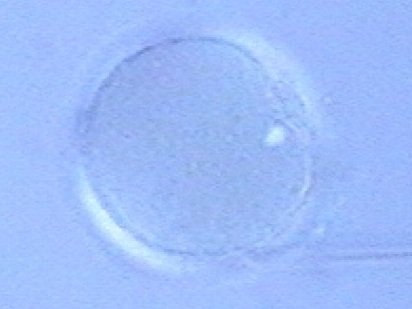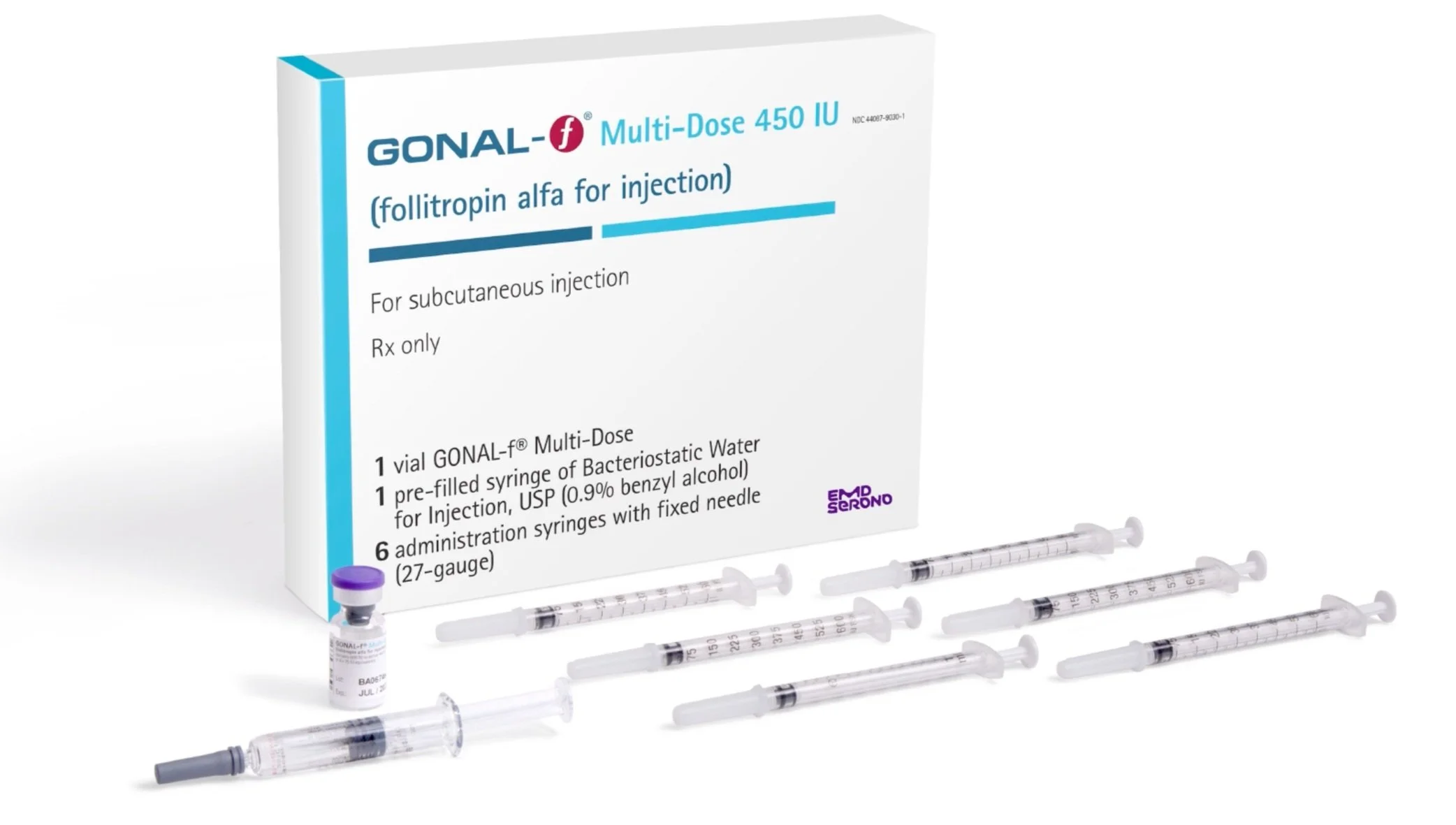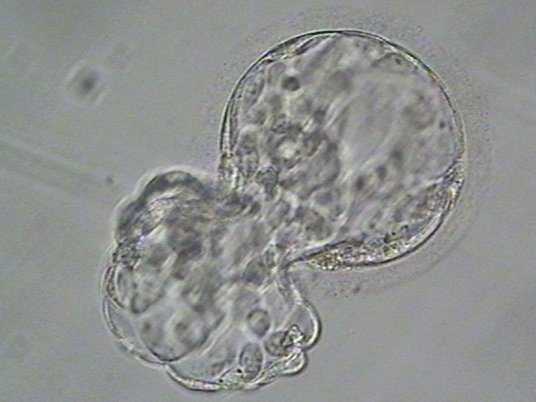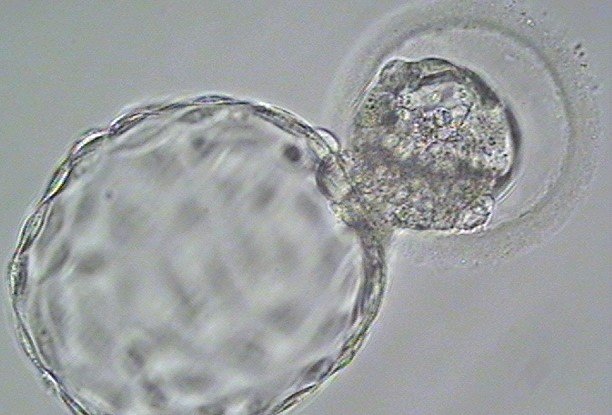
The Kitchen Journal
Welcome to our kitchen journal—a space dedicated to sharing real-life IVF stories and experiences from patients, embryologists, nurses, and physicians. Here, you’ll find unique insights, personal journeys, and lessons you won’t find in generic online resources. It’s a place to connect, learn, and explore the human side of IVF.
Sharing every Tuesday and Thursday, so stay tuned in!
Our 2025 IVF Journey: Patient Triumphs, Scientific Advances & Renewed Hope
Wrapping up 2025 with The IVF Kitchen. A letter to our dedicated readers

Bad IVF News? What to Do Next - From the Lab’s Perspective
Receiving bad news during IVF can be heartbreaking—but it doesn’t mean the journey is over. From the lab’s perspective, every result offers valuable insight that can guide your next steps. This guide shares how embryologists interpret setbacks and what options might be available moving forward.

Follicle Stimulating Hormones (FSH) for the Ovaries: A Guide to the Fertility Drug World
Follicle Stimulating Hormone (FSH) is a key player in fertility treatments, helping the ovaries produce mature eggs for IVF. But how does it work, and what should you expect when taking FSH medications? This guide explores the role of FSH in IVF, its benefits, and potential side effects to help you navigate the fertility drug world with confidence.

The Real Cost of IVF Surrogates: What You Need to Budget For
Choosing a surrogate for IVF is a remarkable path to parenthood, but it comes with significant financial considerations. From medical expenses to legal fees and compensation, the costs can add up quickly. This guide breaks down the real cost of using a surrogate so you can budget wisely for your journey.

How Much Does It Cost? The Financial Side of Using Donor Eggs, Sperm, and Embryos in IVF
Using donated oocytes, sperm, or embryos in IVF can be a life-changing option, but it also comes with additional costs. From donor screening to storage and legal fees, these expenses can add up. This guide breaks down the costs involved so you can plan your journey with confidence.

Hidden Costs of IVF: Understanding IVF Lab Fees and Unexpected Extras
While IVF is often seen as a big financial commitment, many patients are surprised by the hidden costs. From IVF lab fees to unexpected extras, understanding these expenses is crucial in managing your fertility journey. This guide uncovers the often-overlooked costs of IVF to help you plan and avoid surprises.

How Much Does IVF Cost? Breaking Down the Bill
IVF can be a costly journey, but understanding the breakdown of expenses can help you prepare. From medications to lab fees, knowing where your money goes is key to navigating the financial side of IVF. This guide helps you understand what’s included in the cost and how to plan ahead.

How Embryologists in IVF Labs Prepare for Your Embryo Transfer Day
Ever wonder what happens behind the scenes before your embryo transfer? Embryologists play a crucial role in ensuring everything is perfect for your big day. This blog takes you inside the IVF lab to show how these experts prepare your embryos for the best possible outcome!

Frozen Embryo Transfers: Is Delayed Better?
Is waiting the key to a successful IVF journey? Frozen embryo transfers (FET) are becoming more common, but is delaying really better than a fresh transfer? This blog explores the benefits, risks, and science behind FET to help you make the best choice for your fertility journey!


Fresh vs. Frozen IVF Cycles: Understanding the Key Differences
Choosing between fresh and frozen IVF cycles can be overwhelming, but understanding the key differences can help you make the best decision for your journey. This blog breaks down the pros, cons, and success rates of each option, so you can feel informed and empowered. Keep reading to learn which approach might be right for you!

Different IVF Cycle Plans and What They Mean for Your IVF Journey
IVF cycle plans vary depending on individual needs, with options like fresh transfers, cryopreservation, and genetic testing tailored to maximize success. In this blog, we break down the different types of IVF cycle plans and explain what each one means for your IVF journey and chances of achieving your dream outcome.

Traditional IVF Stimulation vs Mini-Stimulation Vs Natural Cycle: Pros and Cons
When it comes to IVF, there are several stimulation options, including traditional, mini-stimulation, and natural cycles, each with its own benefits and drawbacks. In this blog, we compare the pros and cons of each approach to help you understand which might be the best fit for your fertility journey and goals.

Types of IVF Cycle Stimulation Plan and What They Mean
IVF cycle stimulation plans are tailored to each patient's unique needs, with different approaches designed to optimize egg production for fertilization. In this blog, we explore the various types of stimulation plans, such as traditional, mini-stimulation, and natural cycles, and what each one means for your IVF journey and overall chances of success.

What Happens on Egg Retrieval Day? Plus Tips for Post-Retrieval Recovery
Egg retrieval day is a pivotal moment in your IVF journey, and understanding what to expect can help reduce anxiety. From the procedure itself to the recovery period, it’s important to know what’s normal and how to take care of yourself afterward. In this blog, we’ll walk you through the key details of what happens on egg retrieval day and what you can expect during post-retrieval recovery.

Understanding Trigger Shots: Timing and Impact on Ovulation, Egg Quality, and Embryo Development
Trigger shots are a crucial part of the IVF process, signaling your body to mature eggs before retrieval. The timing of this shot can greatly impact ovulation, egg quality, and embryo development. In this blog, we break down how getting the timing just right is key to optimizing your chances of a successful IVF cycle.

IVF Trigger Shots and Egg Retrieval Day: What to Expect
Trigger shots and egg retrieval day are major milestones in your IVF journey, and knowing what to expect can make the process feel less overwhelming. In this blog, we’ll break down what trigger shots are, why they’re important, and walk you through what happens on egg retrieval day. Understanding these key steps will help you feel more prepared and confident throughout your IVF cycle.

IVF Cycle Stimulation: Understanding IVF Medications and the Side Effects
IVF cycle stimulation is a crucial step in the IVF process, where medications are used to encourage the ovaries to produce multiple eggs. Understanding these medications, including Clomid, Letrozole, FSH, and others, as well as their potential side effects, is essential for anyone going through IVF. In this blog, we break down the key IVF medications and what you can expect throughout the stimulation phase.

Your IVF Timeline: A Week-by-Week Breakdown
Navigating through an IVF cycle can be overwhelming, but understanding the process week by week can make it feel more manageable. In this blog, we break down each stage of the IVF journey, from initial consultations to embryo transfer, to help you know what to expect every step of the way. Whether you're just starting or currently in treatment, this guide will provide clarity and support throughout the process.

Do IVF Nurses Need Special Qualtifications? What You Need to Know
If you're a nurse interested in working in the IVF field, you may be wondering if there are specific qualifications needed. IVF nursing requires specialized knowledge of reproductive medicine, medications, and procedures, as well as additional certifications beyond the standard nursing credentials. In this blog, we explore the unique qualifications and training required for IVF nurses to excel in this rewarding field.